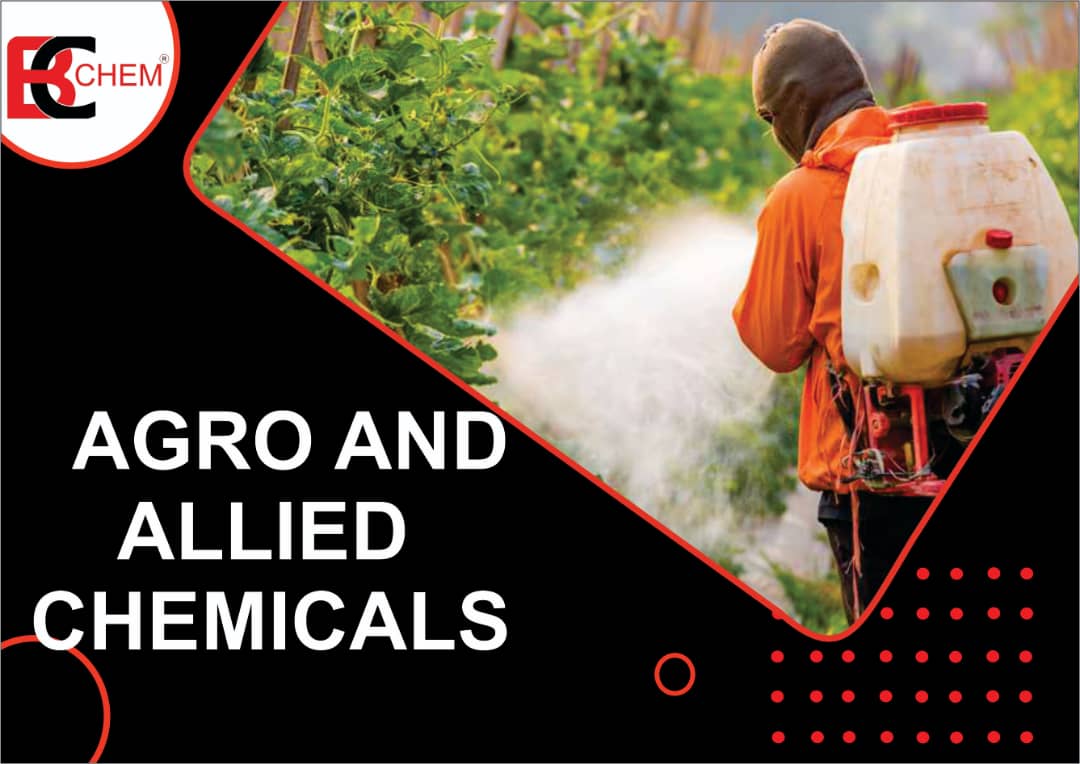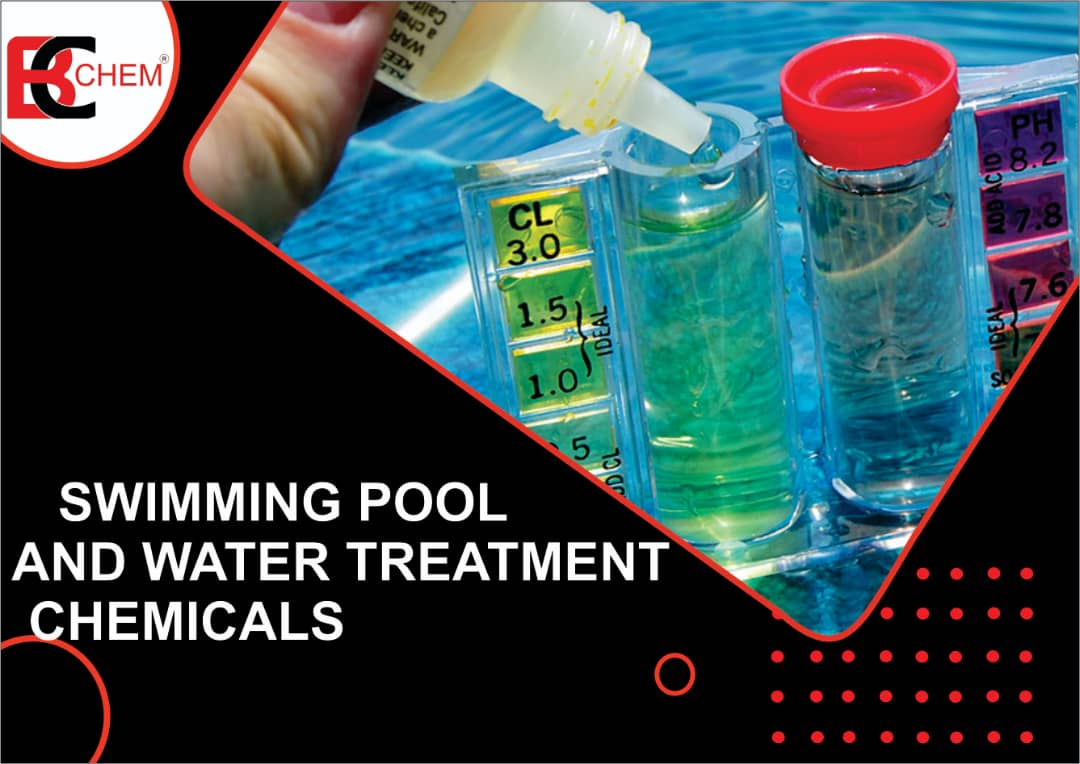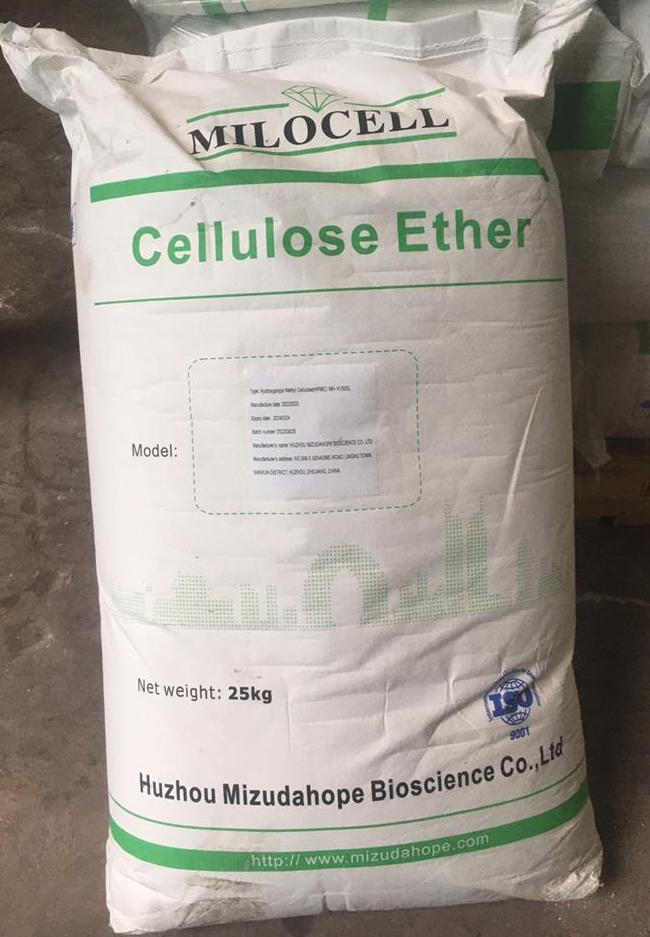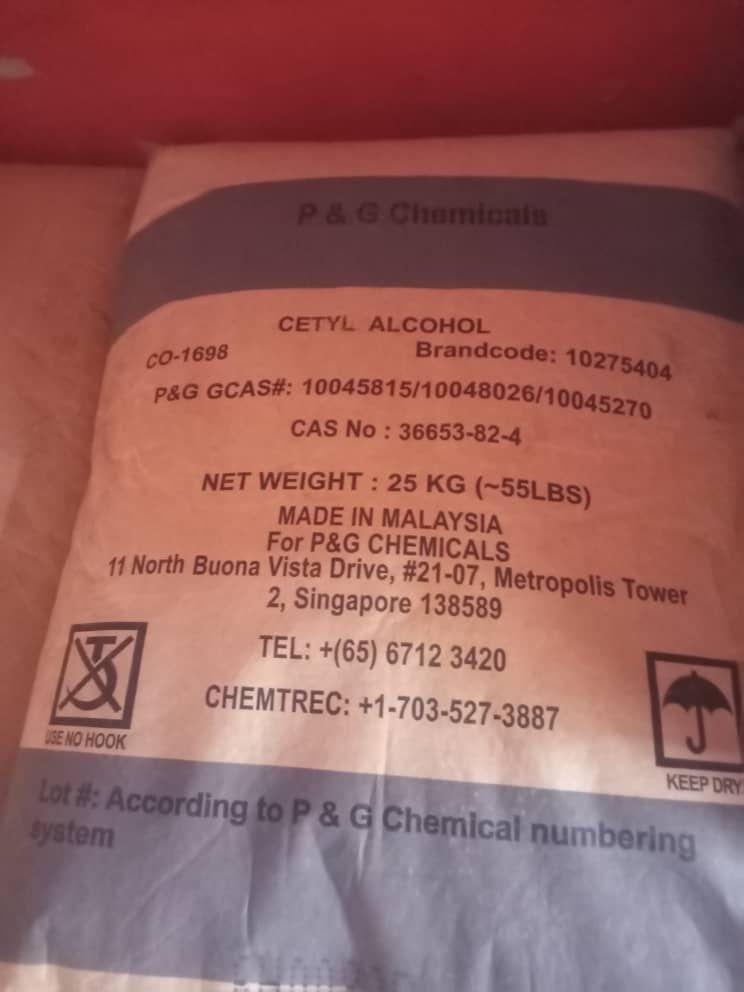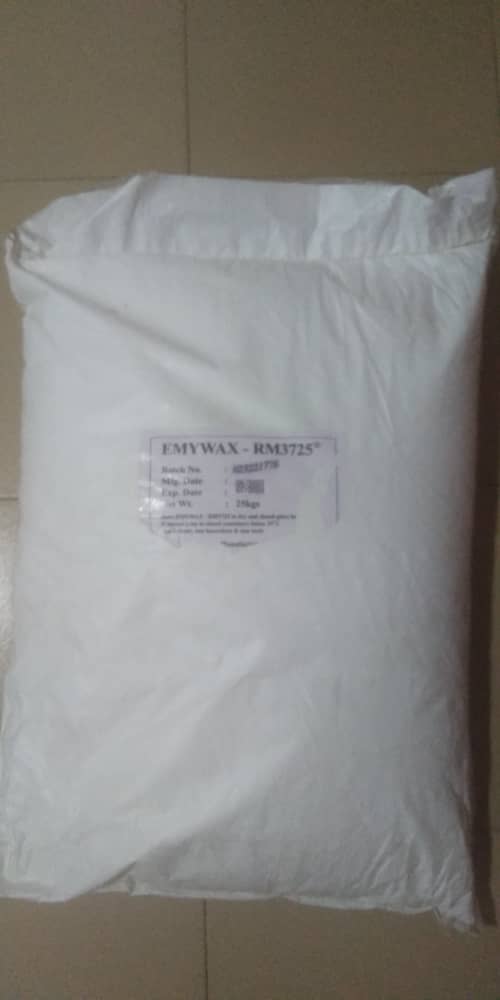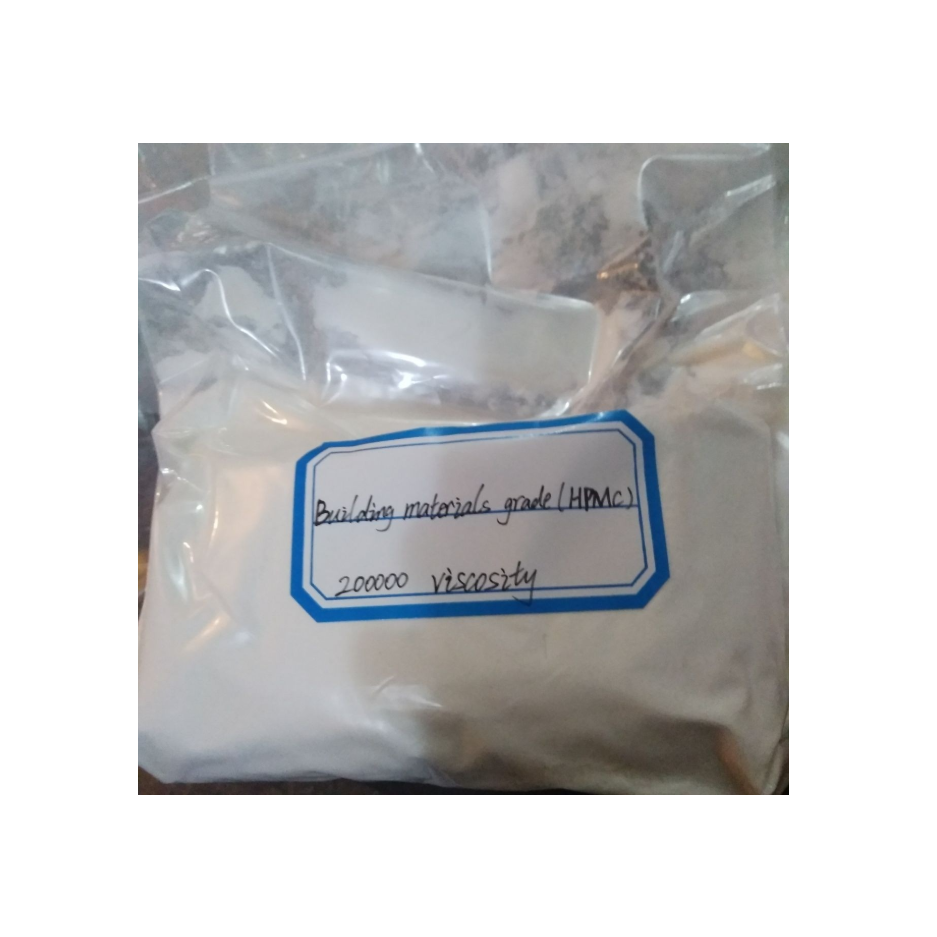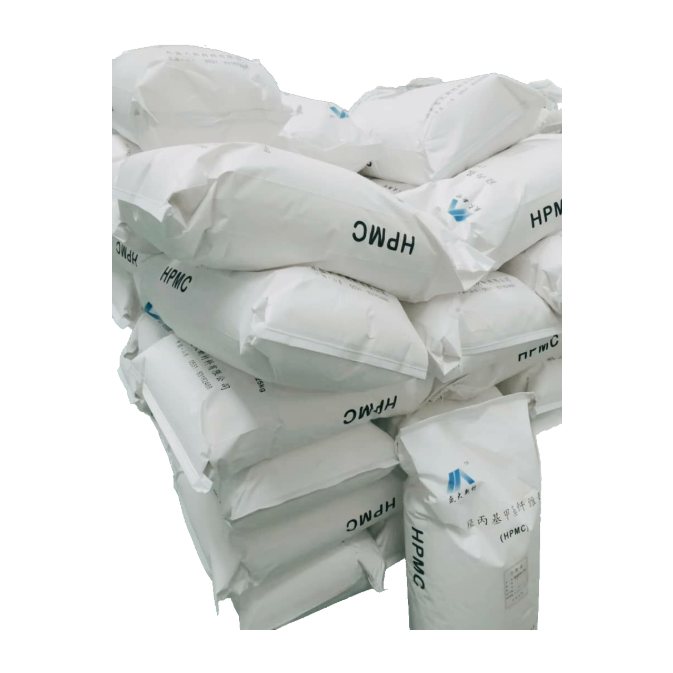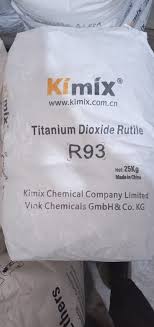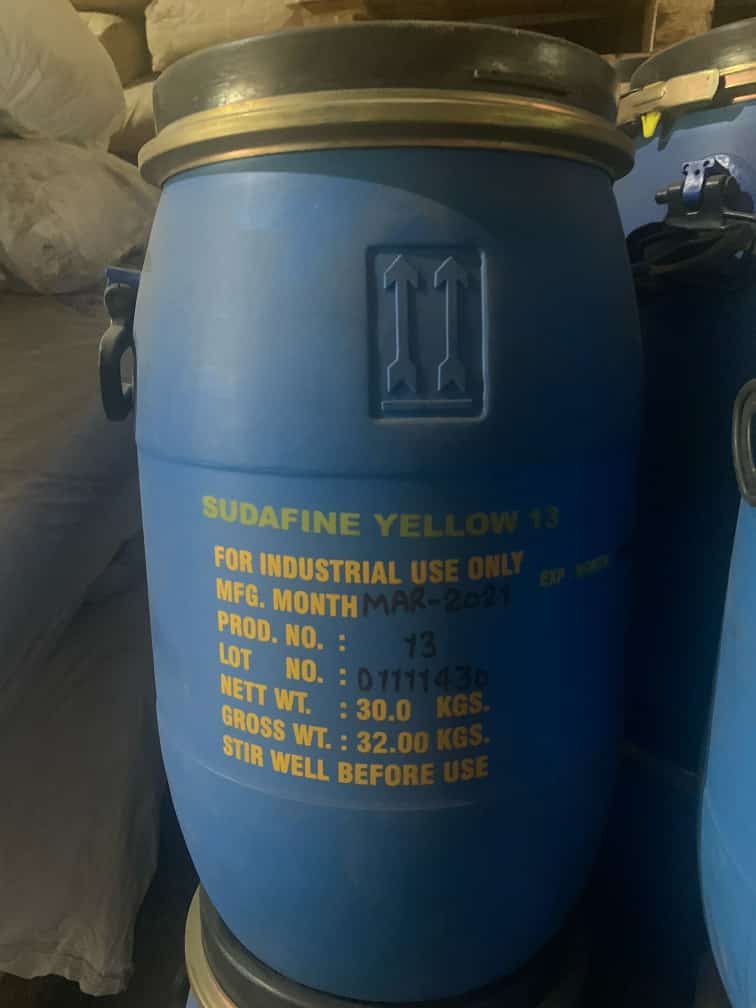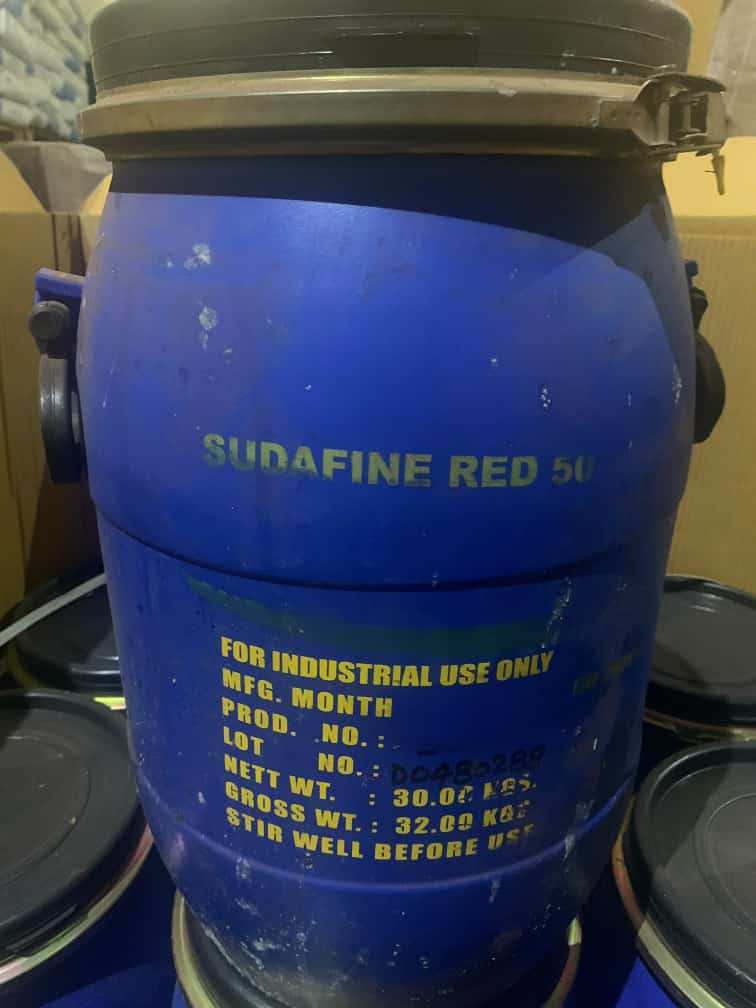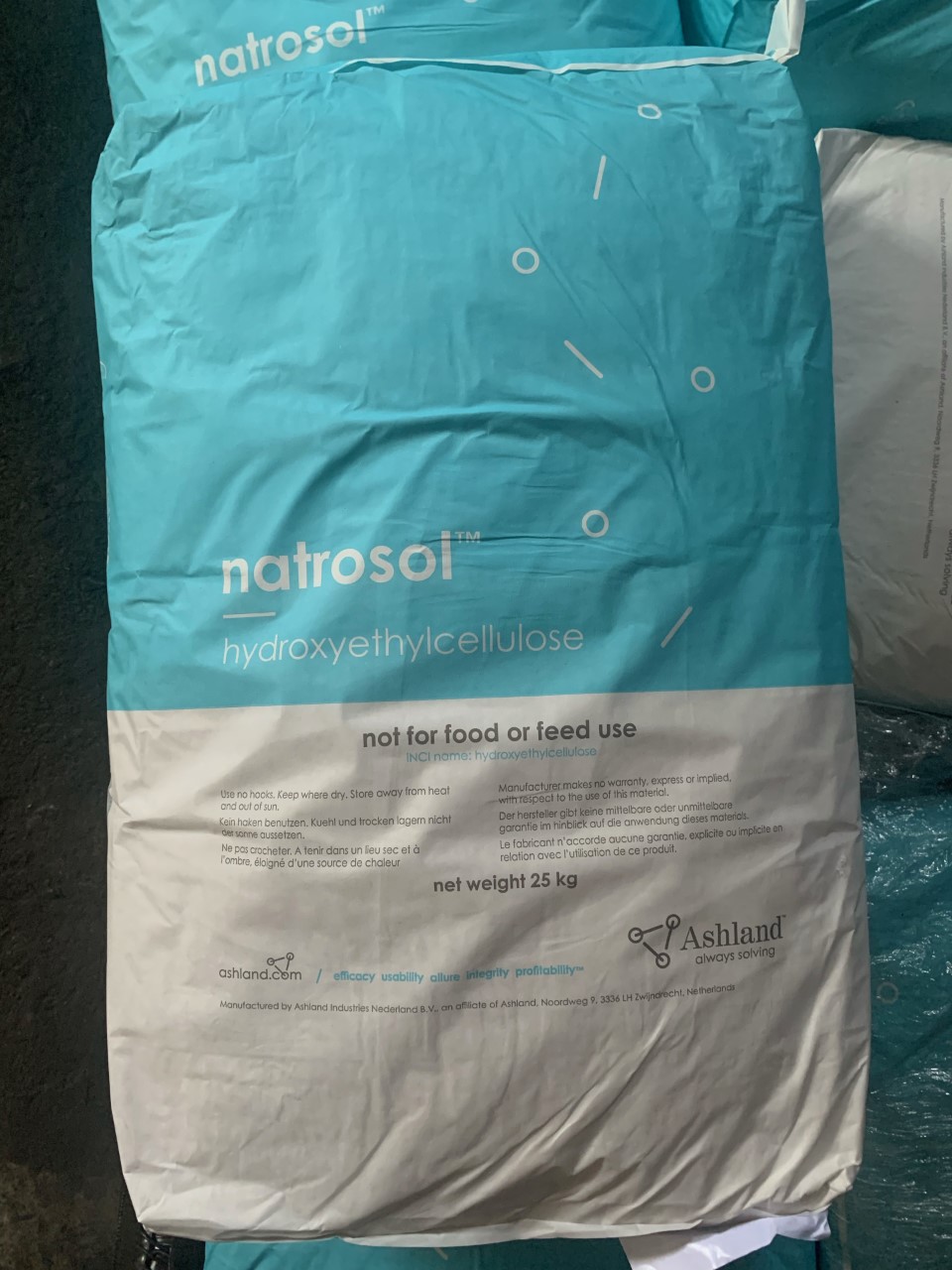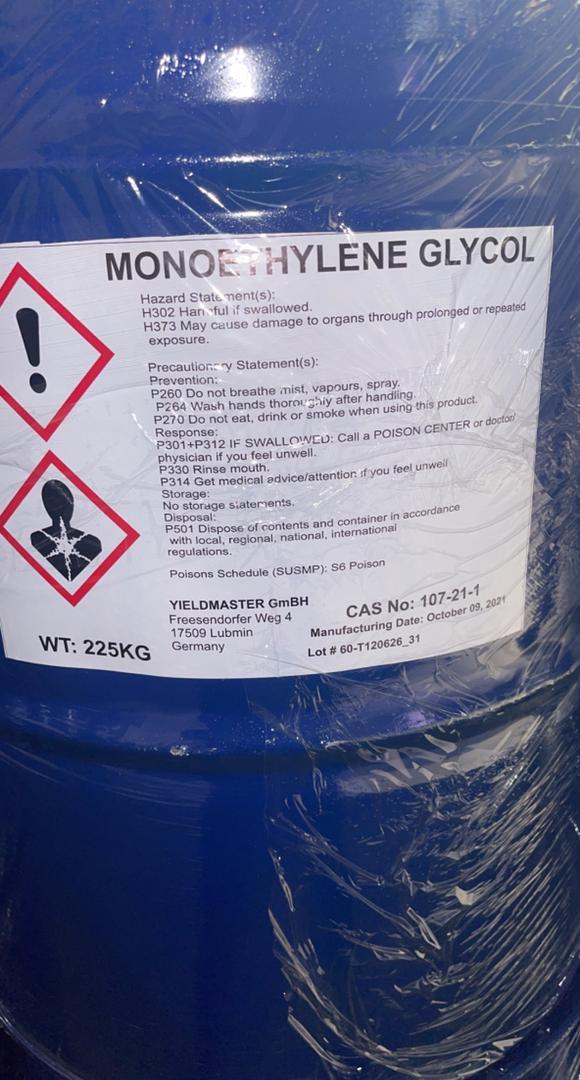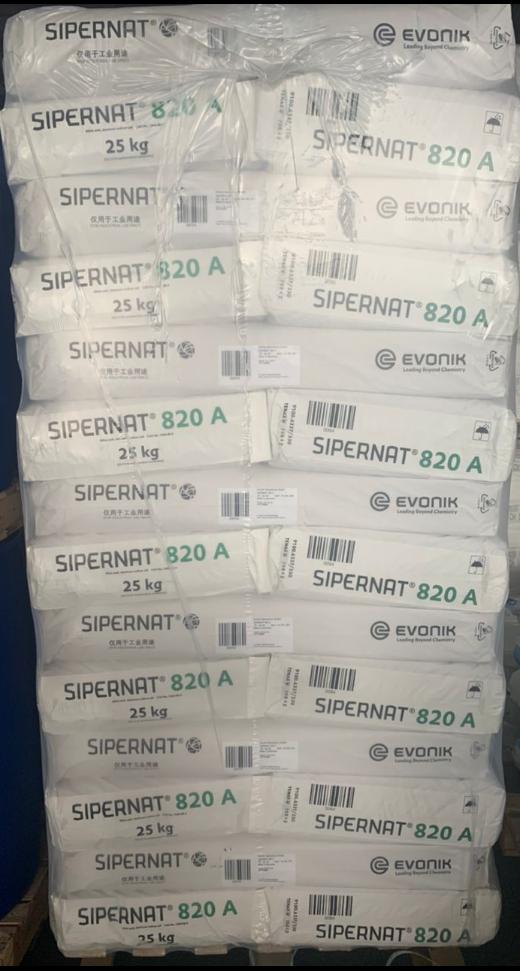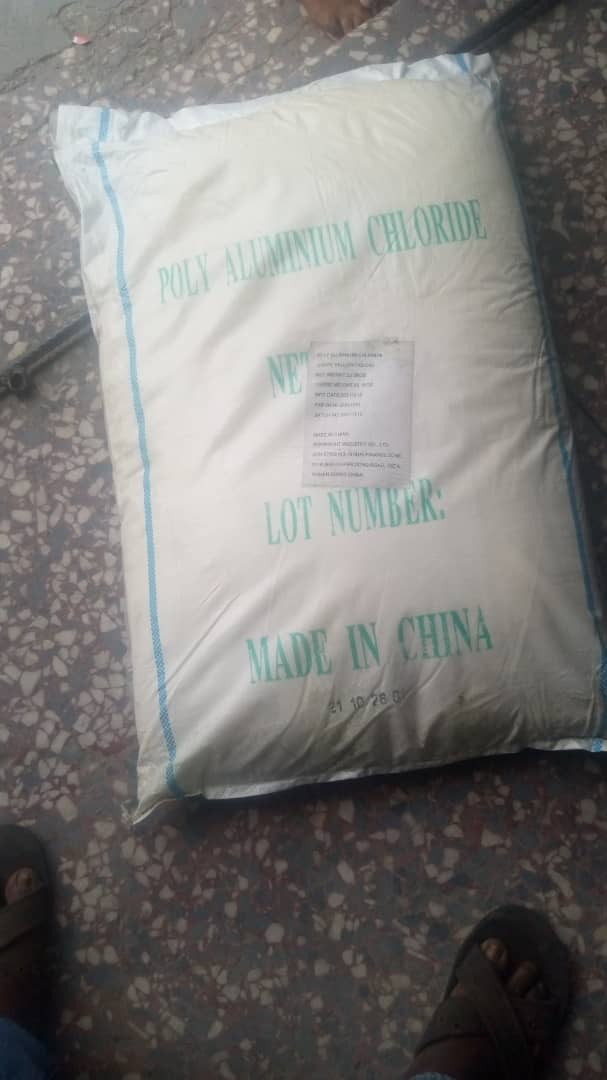Refined vegetable glycerin is a purified form of glycerin derived from vegetable oils such as palm oil, coconut oil, or soybean oil. The refining process typically involves distillation to remove impurities, resulting in a clear, odorless, and viscous liquid with a sweet taste. It is also known as glycerol or vegetable glycerol.
Here's a breakdown of its key aspects:
Properties of Refined Vegetable Glycerin:
- Appearance: Clear, colorless, and thick liquid.
- Odor: Odorless.
- Taste: Sweet.
- Viscosity: High, syrupy consistency.
- Solubility: Miscible in water and ethanol.
- Hygroscopic: Attracts and retains moisture from the air (humectant).
- Emollient: Softens and soothes the skin.
- pH: Relatively neutral, close to that of the skin.
- Non-toxic and biodegradable: Generally considered safe for consumption and the environment.
Common Uses of Refined Vegetable Glycerin:
Refined vegetable glycerin is incredibly versatile and used across various industries:
- Cosmetics and Personal Care:
- Moisturizer: Its humectant properties help to draw and lock moisture into the skin, making it a key ingredient in lotions, creams, serums, and masks.
- Emollient: It softens and smooths the skin, improving its texture.
- Solvent: It helps to dissolve other cosmetic ingredients.
- Thickener: It can increase the viscosity of formulations.
- Hair Care: It moisturizes the hair, reduces frizz, and adds shine in shampoos, conditioners, and styling products.
- Oral Care: It prevents toothpaste from drying out and is found in mouthwash.
- Food and Beverage:
- Sweetener: It has a sweet taste but a lower glycemic index than sugar, making it suitable for some low-sugar products.
- Humectant: It helps retain moisture in baked goods, preventing them from drying out and extending shelf life.
- Solvent: It can dissolve flavors and food colorings.
- Texture Enhancer: It can improve the smoothness of foods like ice cream and candy.
- Preservative: It can inhibit the growth of microorganisms by binding water.
- Pharmaceuticals:
- Humectant and Emollient: Used in topical preparations for skin conditions.
- Solvent: Used in various liquid medications.
- Sweetening agent: To improve the palatability of oral medications.
- Laxative: Glycerin suppositories are used to relieve constipation.
- Component in cough syrups and lozenges: Its soothing properties can help with throat irritation.
- Industrial Applications:
- Antifreeze: Its freezing point can be lower than water when mixed in certain concentrations.
- Production of polymers and synthetic materials.
- Lubricant.




